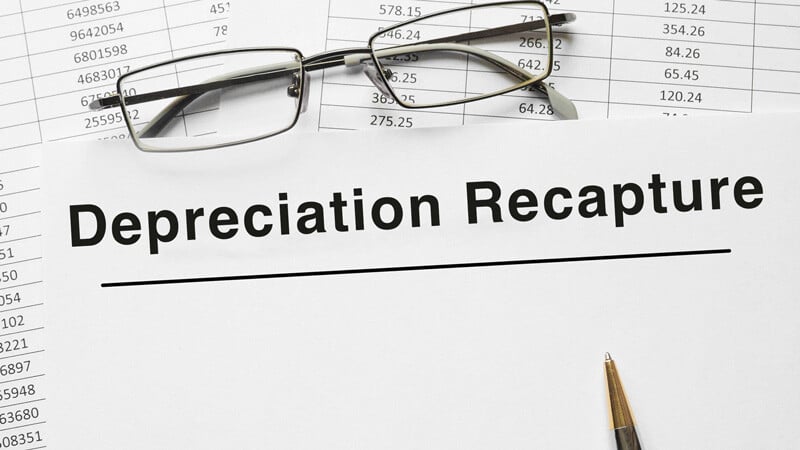Can Long-Term Capital Losses Offset Short-Term Capital Gains?

Long-term and short-term capital gains have different tax rates. IRS rules restrict how these different gains/losses are matched and offset each other. In this article, we discuss the ins and outs of offsetting capital gains and losses.
Can I Deduct Remodeling Expenses for a Rental Property?

Owners of rental properties have many different tax deductions available that can help offset their rental income and potentially lower their annual tax liability.
1031 Exchange Florida: Rules, Taxes & Other Considerations

Florida is an attractive state for real estate investors. From its sandy shores to the enticing weather, the Sunshine State boasts many features that draw real estate investment.
Do You Pay Medicare Tax on Retirement Income?

Whether you work for another company or are self-employed, you pay taxes. This is true regarding the Medicare tax, a percentage of gross income that employees, employers, and the self-employed must pay to fund Medicare.
1031 Exchange California: Rules, Taxes, & Other Considerations

California has some of the highest capital gains taxes of any state. For this reason, investors are vulnerable to high tax liabilities following the sale of properties.
Do Foreign Investors Pay Capital Gains On US Stocks?

Many investors around the world are interested in buying American stocks. Investing internationally means you have more companies to choose from when building a portfolio. Additionally, some of the world’s buzziest stocks trade on the US market.
Depreciation Recapture: What It Is, How It Works & How To Calculate

When considering the sale of an appreciated asset, investors have various things to consider. One thing that affects how much they’re going to earn after the transaction is depreciation recapture.
How to Convert 1031 Exchange Property Into Personal Property

A 1031 exchange is a tool investors can use to buy and sell real property assets while deferring the need to pay capital gains taxes on the profits. All property relinquished and acquired using a 1031 exchange must be held for investment purposes to qualify. Here is an example of how the process works:
Do You Pay Capital Gains on Inherited Stocks?

Capital gains tax is a levy on the gain, or increase, in the value of a capital asset over its basis. Capital assets include real estate, business property and equipment, jewelry, antiques, stocks, bonds, mutual funds, mineral rights, royalties, and some intellectual property like patents. The value is the amount that you sell it for or can sell it for, while the basis is the amount you paid, plus acquisition and improvement costs.



